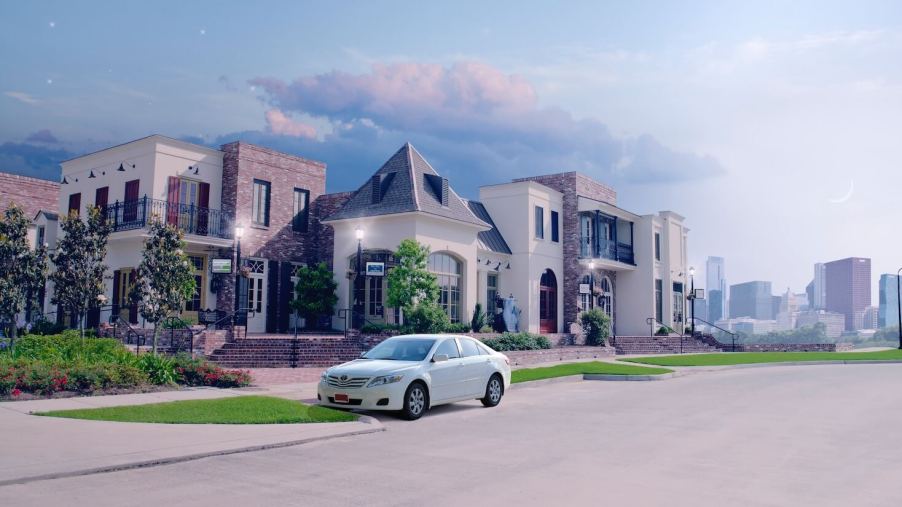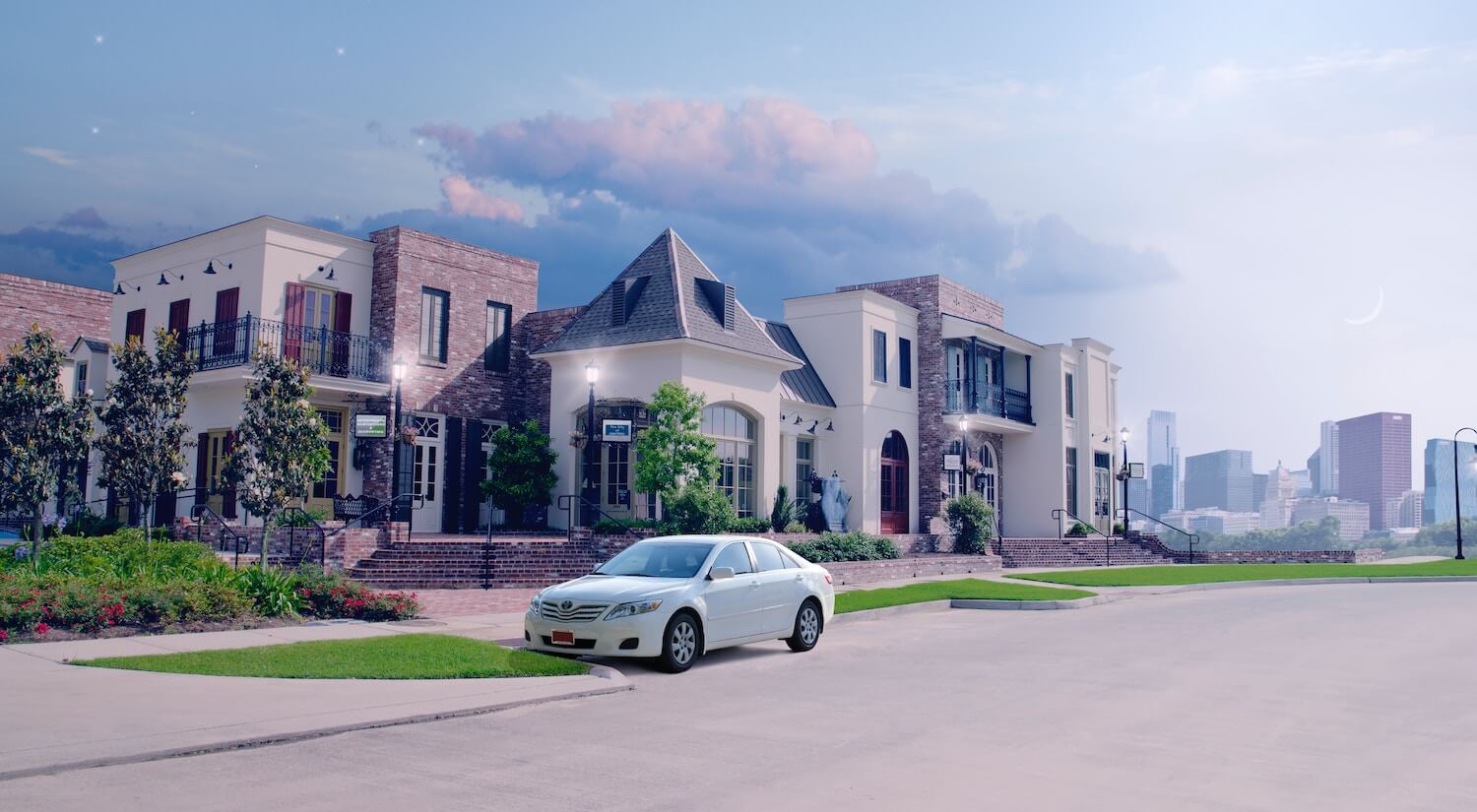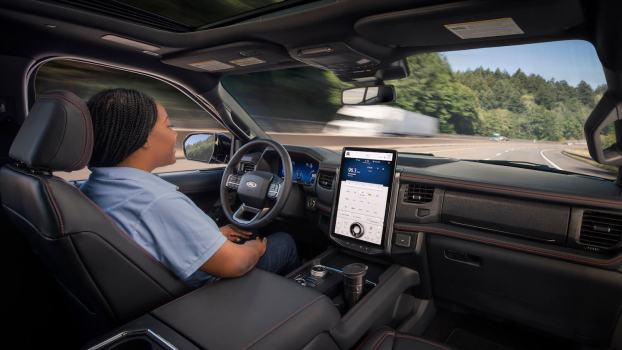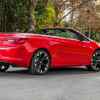
There’s One Self-Driving Feature Even Traditional Motor Heads Will Love
Many car owners love driving themselves and would hate to give up control to a computer. Others are thrilled to have an autonomous vehicle ferry them to the office while they relax or work. But even the most die-hard motorheads may fall in love with how self-parking cars will change our lives, cities, and finances.
Self-parking cars will improve your life

Imagine this: You drive into the city for dinner. When you get to the restaurant, the parking spots are packed–bumper to bumper–as far as the eye can see. But you don’t worry. You pull up, get out along with your passengers, and walk into the restaurant.
You click your key fob, and your car rolls away. It drives until it can find the nearest cheap empty spot. Then it parks itself and waits for you to summon it again.
Even traditionalists who will always prefer to drive their car or truck themselves will enjoy the luxury of cars that can find their own parking spot safely and reliably. But this feature will be more than a luxury. Self-parking cars may transform the cities we live in, and even pay for themselves while they do it.
Self-parking cars will transform your city

If cars can drive themselves out of town and park, parking will be much easier to find in cities. Events such as sports games will no longer increase the demand for parking. Attendants’ cars can simply caravan out of town to a designated event parking area.
Self-parking cars can also take up a lot less space. According to a recent study, shared on Arup.com, we may be able to fit 89% more self-parking cars in a given lot. First of all, they can park close together because their doors won’t need to open. But secondly, they can double-park and then signal one another when they need their neighbors to move.
As city parking garages become more efficient, city streets may be left wide open for additional lanes of traffic or pedestrian walkways. We could save any available surface parking for short-term stops. We could even ask our cars to circle the block while we run a quick errand.
Your self-parking car may save you a lot of money

Many cities have digital meters that adjust to demand. These meters may charge surge prices for parking during sports events or other spikes in demand. Self-parking cars would mean you can avoid this cost by sending your vehicle further away to park.
According to techcrunch.com, startups are already developing ways for self-parking cars to bid on spots. Your car might even be able to sell its parking spot to another vehicle whose owner is willing to pay an upcharge. Spectrum.ieee.org points out that cities may need to regulate this bidding to keep cars from circling the block endlessly if they can’t find a cheap enough spot.
Tesla already has a auto parking mode that allows you to get out of your car and send it to a nearby spot. You can also call it to you so you don’t need to walk across a parking lot. But the EV startup is working on something even more advanced: an automated taxi mode that enables your Tesla to make money while you don’t need it.
Let’s go back to the example from the beginning of this article. Imagine if you go into your nice dinner, click your key fob, and your car rolls away. But instead of just parking itself, it scans the internet and takes a delivery job, rolls through a grocery store drive-through line where an attendant loads its trunk, then drives to a nearby house to deliver the groceries. It could even pick up a passenger and take them to the airport. Your car might pay for your dinner before you’ve even ordered dessert.
Next, find out 3 potential downsides to self-driving cars or learn more about how driverless cars may change cities in the video below:





